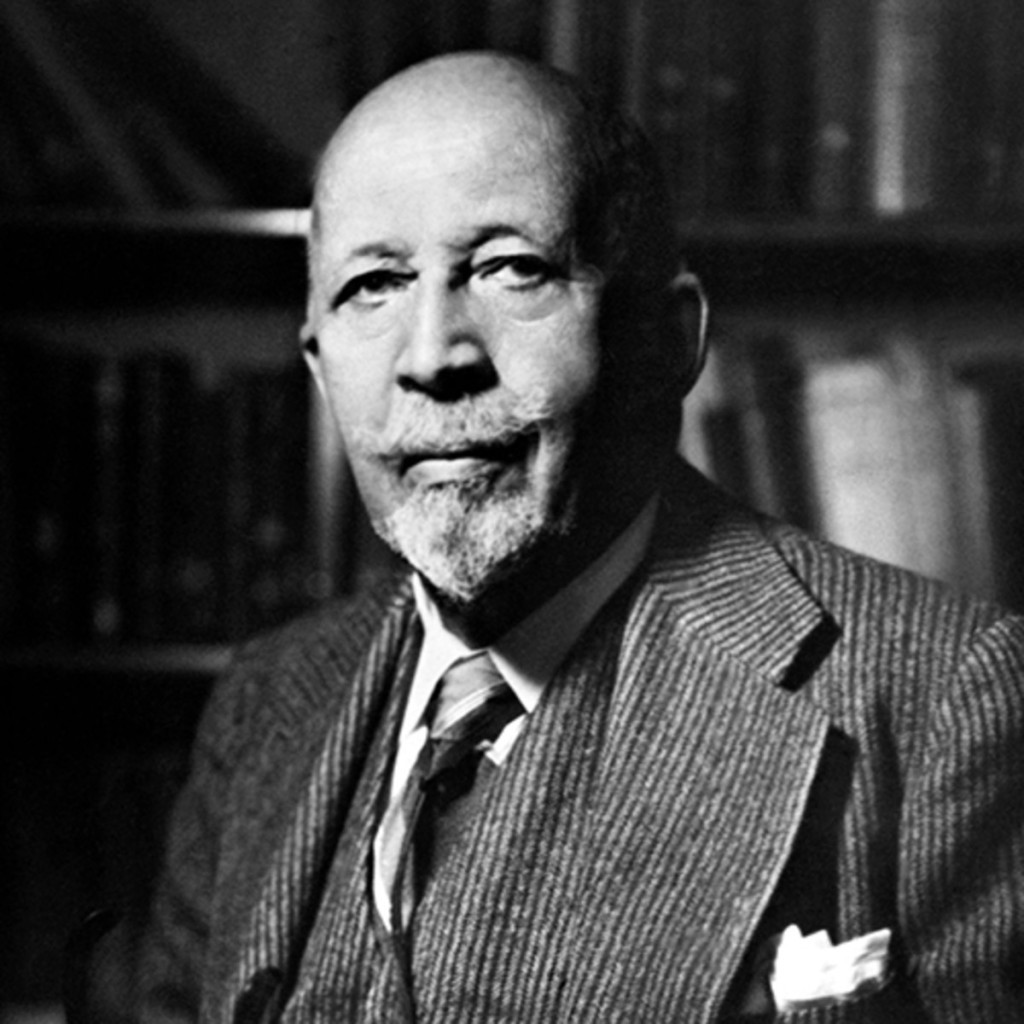Under lockdown in London, protecting ourselves and each other from our own generation’s virulent plague, four groups co-sponsored a virtual Seder on 9th April 2020, the second night of Passover. The tremendous efforts of three people, Naomi Wayne, Danny Rich and Mike Cushman, with added input from a number of us to the Haggadah and on the night itself, brought about the miracle of more than 200 people from across the world joining each other to share the Jewish tradition of telling the story of the exodus from Egypt of the Hebrew slaves.

I chose to read an excerpt from the the Black American sociologist and civil rights activist, W E B du Bois, who made three visits to Poland including one in 1949 which transformed his understanding of racism and oppression. He wrote:
I have seen something of human upheaval in the world: the scream and shots of a race riot in Atlanta; the marching of the Ku Klux Klan; the threat of the courts and police; the neglect and destruction of human habitation; but nothing in my wildest imagination was equal to what I saw in Warsaw in 1949. … There had been complete, planned and utter destruction. Some streets had been so obliterated that only by using photographs of the past could they tell where the street was. And no one mentioned the total of the dead, the sum of destruction, the story of crippled and insane, the widows and orphans.
… Then, one afternoon, I was taken out to the former ghetto. Here there was not much to see. There was complete and total waste, and a monument. And the monument brought back again the problem of race and religion, which so long had been my own particular and separate problem. Gradually … I rebuilt the story of this extraordinary resistance to oppression and wrong …, with enemies on every side: a resistance which involved death and destruction for hundreds and hundreds of human beings; a deliberate sacrifice in life for a great ideal in the face of the fact that the sacrifice might be completely in vain.
The result of [my] three visits … was not so much clearer understanding of the Jewish problem in the world as … a … more complete understanding of the Negro problem. … [T]he problem of slavery, emancipation, and caste in the United States was no longer … a separate and unique thing as I had so long conceived it. It was not even merely a matter of color and physical and racial characteristics, which was particularly a hard thing for me to learn, since for a lifetime the color line had been a real and efficient cause of misery. It was not merely a matter of religion. I had seen religions of many kinds – I had sat in the Shinto temples of Japan, in the Baptist churches of Georgia, in the Catholic cathedral of Cologne and in Westminster Abbey. No, the race problem in which I was interested cut across lines of color and physique and belief and status and was a matter of cultural patterns, perverted teaching and human hate and prejudice, which … caused endless evil to all men. … [T]he ghetto of Warsaw helped me to emerge … into a broader conception of what the fight against race segregation, religious discrimination and the oppression by wealth had to become if civilization was going to triumph … in the world.
